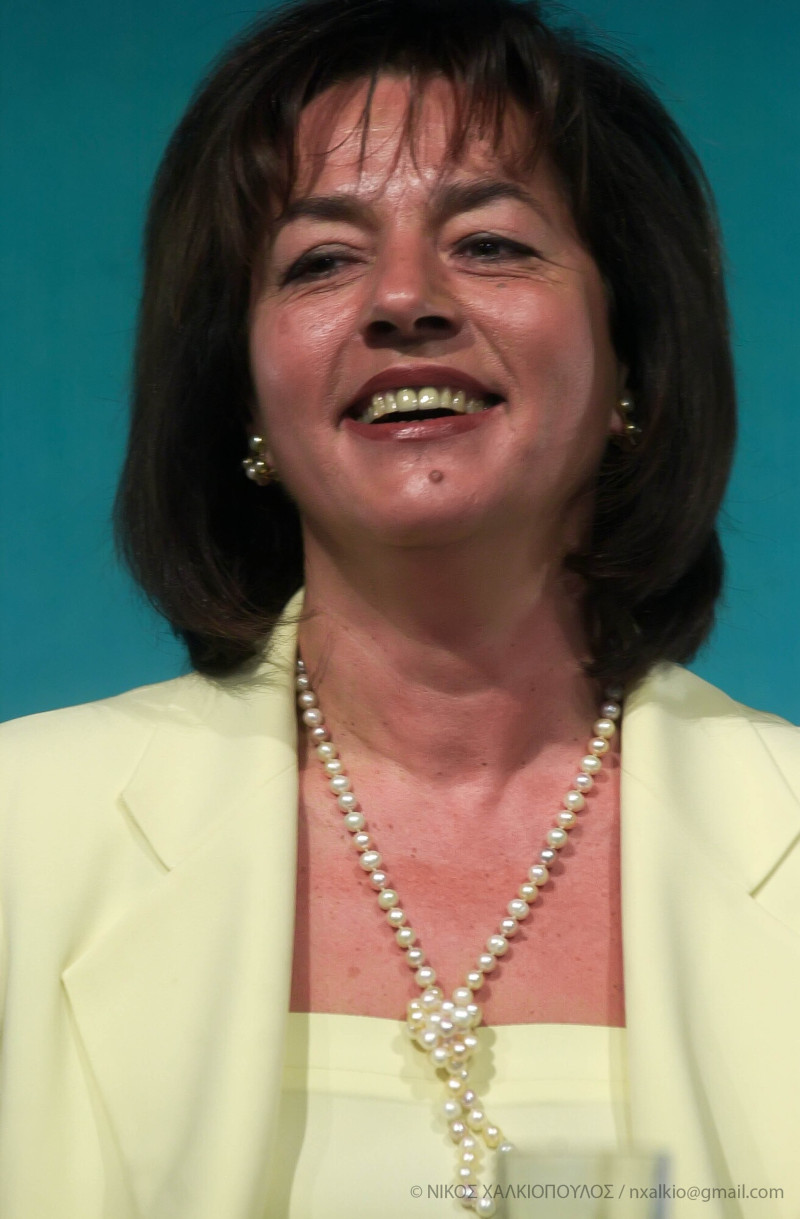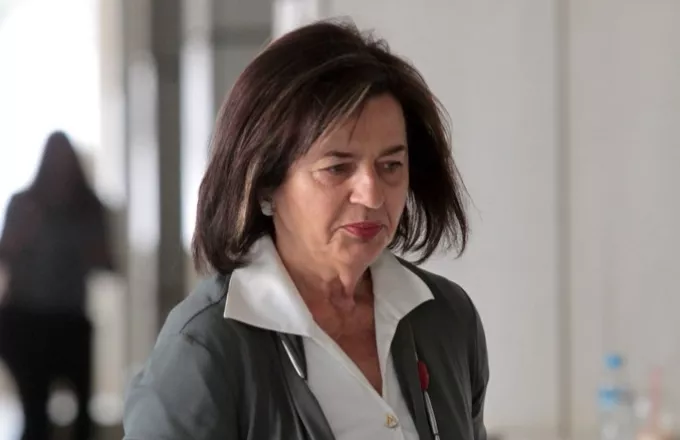The “other Papandreou” was not related to Andreas, but the founder of PASOK highlighted her and always singled her out
Vaso Papandreou, who passed away today suffering from serious health problems in recent years, was identified with the post-political period and co-shaped this era. The “other Papandreou”, who had no kinship with Andreas, but whom the founder of PASOK highlighted and always distinguished, was a dynamic personality, ahead of her time, a technocrat before the technocrats, and more “politician” by many male politicians, in the 80s and 90s when sexism still existed, and it was difficult for women to take positions of responsibility.
Showing her fists, Vaso Papandreou did not hesitate to clash even with this Andreas Papandreou for her beliefs, but the first European (EEC) commissioner also clashed with European leaders, among them Margaret Thatcher, successfully defending Greek positions. She worked and collaborated on many reforms of PASOK (law on arbitrary acts, ASEP with Anastasios Peponis), and stayed true to her ideas until the end.
In 1974 she met Andreas in Britain while she had just found a job as a researcher. He followed him. He was her mentor some would say. She was the one who convinced him to stay in Greece after the disappointing 1974 election turnout, others said.
In the following years Vaso Papandreou emerged as a member of the PASOK leadership team, and stood out. As the first female member of the European Commission, under the presidency of Jacques Delors, she was described as an “anti-Thatcher”. He worked harmoniously with Delors, in an exemplary period for the project and the members of the Commission.
Her relationship with Andreas Papandreou, a product of the time, became more distant. Emblematic are the shots from a session of the KE when he heads to the president of PASOK to hand him a note, with which he asked him to speak on a personal matter. “We know each other well in here” he answered her. From “anti-Thatcher” she became “a Papandreou anti-Papandreiki”.
In January 1996 when Kostas Simitis was elected Prime Minister and took over the Ministry of Development. After the Ministry of Development, she took over the Ministries of Public Administration and PEHODE, leaving her mark. He gradually withdrew from the limelight.
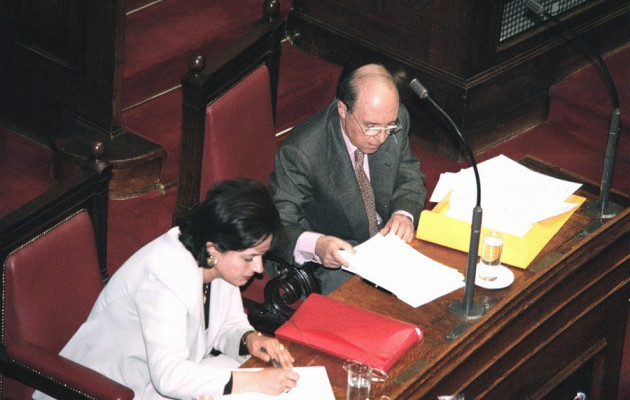
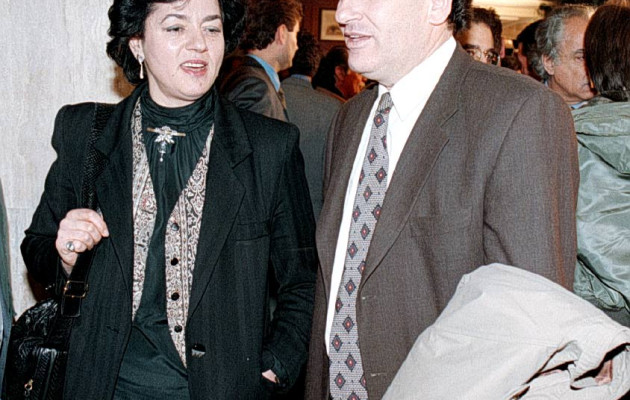

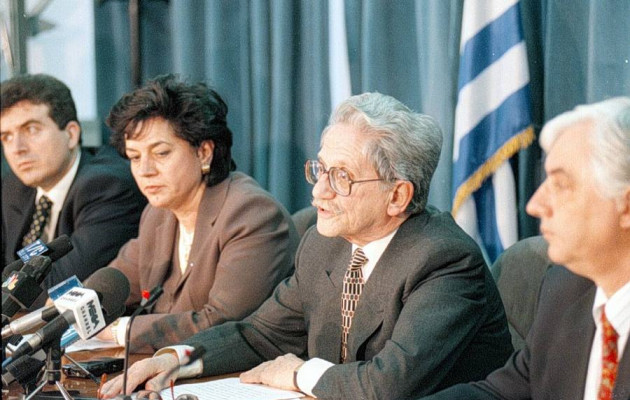
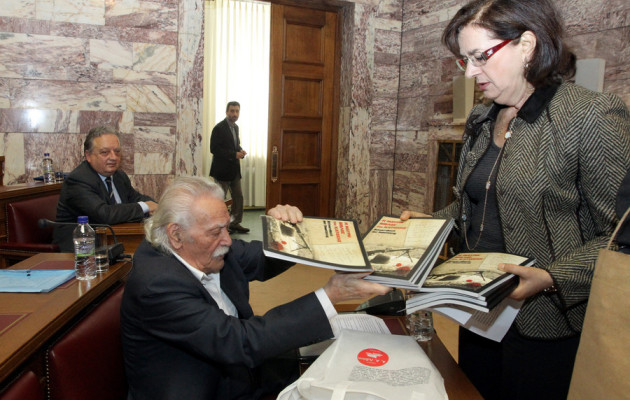
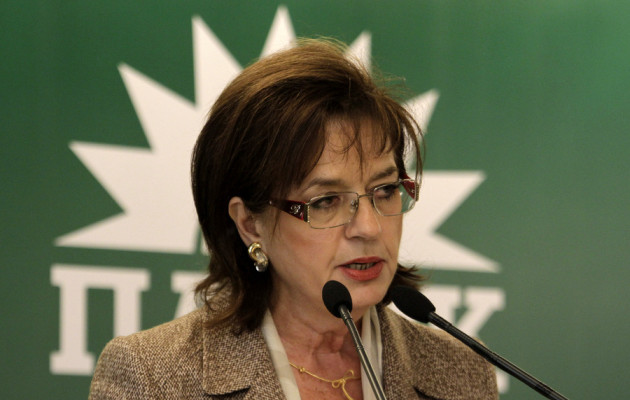
Vasiliki (Vasso) Papandreou was a member of parliament and a minister of PASOK of which she was a leading member for a number of years, with Andreas Papandreou proposing her to be the commissioner of Greece in the then EEC (the first female commissioner).
In 1993, he collected 256,831 preference crosses in the 2nd electoral district of Athens, the highest performance in this district. As a commissioner in the EEC, Vaso Papandreou promoted Greek positions, and clashed with various European leaders, most notably Margaret Thatcher.
He was born in Valimitika, Aegean on December 9, 1944. He studied Economics at the then ASOEE and continued in England where he received a master’s degree from the University of London and a PhD from the University of Reading, and then taught at Oxford.
He was president of EOMMEX (1981-1985), deputy minister of Industry, Energy and Technology (1985-1986), deputy minister of Industry, Energy and Technology (1986-1987), deputy minister of trade for the issues of the Greek Presidency in the Community (1988-1989) ), EEC Commissioner for Employment, Labor Relations and Social Affairs, Human Resources, Education and Training, and Gender Equality (1989-1993), Minister of Development (1996-1999), Interior, Public Administration and Decentralization (1999-2001) and PEHODE (2001-2004) in PASOK governments. It provided new educational opportunities, promoted the protection of workers’ rights, gender equality, and showed special concern for labor fighters and people with special needs.
It promoted the European Social Charter and enshrined Social Dialogue across Europe. He took initiatives for the reconstruction of PASOK, and played an active role in the election of Constantinos Simitis as Prime Minister. As Minister of the Interior, he instituted Citizen Service Centers (CSCs). On her initiative, she legislated the participation of women at a rate of 33% in the combinations of the 2002 Prefectural and Municipal elections.
Source: Skai
I have worked in the news industry for over 10 years. I have been an author at News Bulletin 247 for the past 2 years. I mostly cover politics news. I am a highly experienced and respected journalist. I have won numerous awards for my work.



